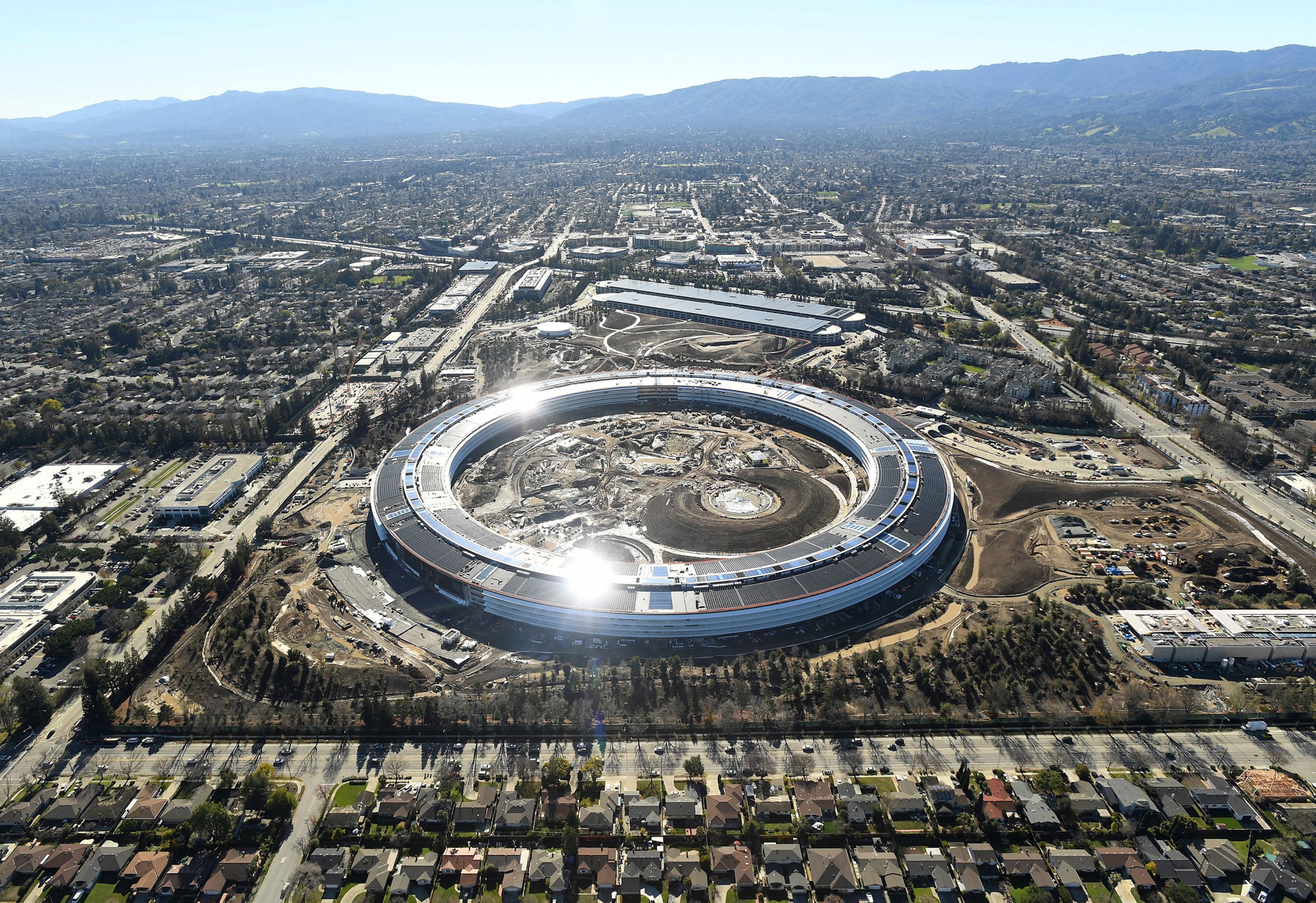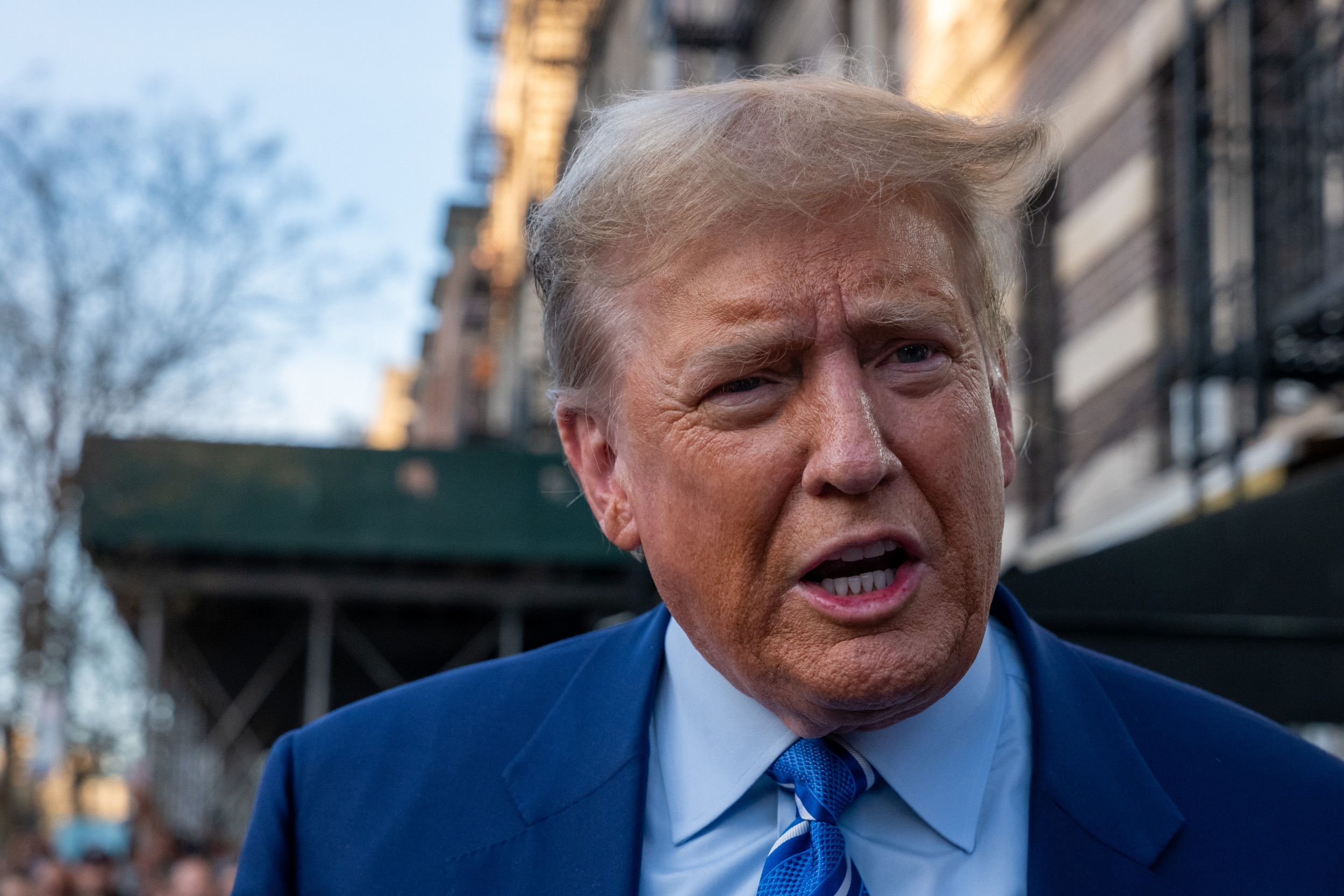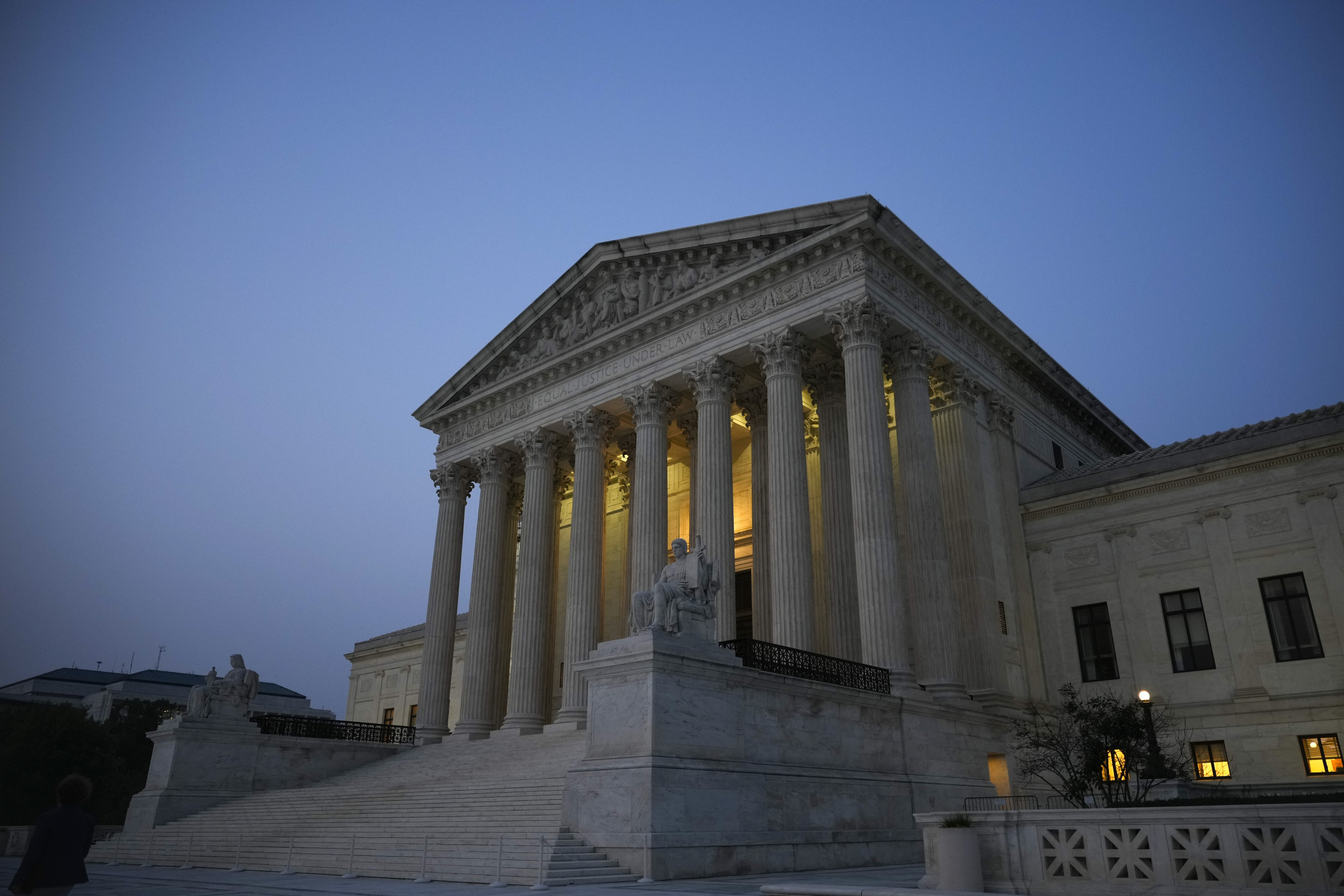
I was going to write this article days ago, I really was, but then life got in the way. By life I mean, of course, phone, which is really an outdated metonymy for the sleek little device that is far more compelling than the real world, with all its mundanities and responsibilities, all its incipient analog boredom. The phone is never boring, pinging and beeping with the latest outrage over President Donald Trump, exceedingly cute family photos uploaded by a cousin in New Jersey, a funny meme, a funnier meme, an earnest tweet about the dying children of Syria, and suddenly you're on Google Maps, trying to figure out if you can do a streetview of Aleppo, because if you can, that might really make you understand the pain of that nation's refuges, and just as you're about to reach that sweet spot of empathy there comes a clip of Trump saying something totally insane about Millard Fillmore, and there you are clicking through it again and again, trying to think of a funny tweet, and suddenly the day is over, and though you are exhausted, you have done nothing.
So, yeah, sorry. Sad face emoji.
When the novelist Dave Eggers published his novel about Silicon Valley, The Circle, in 2013, he was accused of "ripping off" Kate Losse, who'd chronicled her work for Facebook in a memoir, The Boy Kings. Eggers denied borrowing from Losse and, in doing so, made an astonishing admission: In his research for The Circle, he had not visited a single technology company, despite having lived in the Bay Area since before the first Internet revolution of the mid-1990s. He hadn't even read any books about Silicon Valley, he claimed. The confession was jarring because a good part of the fascination with Silicon Valley, as with an earlier one with Wall Street, comes from the awe of so much power and money moving through its office parks, like some freakish weather system blown off the Pacific. It was as if Michael Lewis had owned up to never setting foot inside an investment bank before writing Liar's Poker.
But the most surprising thing about The Circle is how much Eggers got right. Whether he nailed the dynamics of a tech firm's organic cafeteria, I can't say. But if you're curious about that, you can read one of the too-plentiful blogs about the enthralling minutiae of life along US 101. Eggers nailed something far more elemental, which is what life has been for those of us who do not work in the Valley but depend entirely on its creations, so much so that losing an iPhone would be far more devastating to most people than losing a wallet. The philosophy espoused by protagonist Mae Holland, as she ascends the corporate ranks of the social media company known as the Circle (some cross between Google and Facebook, with touches of Twitter, Instagram, YouTube and the National Security Agency) could also serve as the creed for anyone who has Instagrammed her brunch or who has unthinkingly signed away his privacy to some server farmer in the Utah scrublands: "Secrets are lies. Sharing is caring. Privacy is theft."
2013 seems like a century ago, doesn't it? That was two years before the president of the United States got his own Twitter account, and before a certain real-estate developer from Manhattan decided to inaugurate his own political career by launching 140-character missiles, packed with vitriol and untruth, into the tender heart of the innocent republic. The world did not yet have an entirely automated quinoa-bowl restaurant. It now has seven.
Into this brave new world comes the cinematic version of The Circle, directed by James Ponsoldt and starring Tom Hanks, Emma Watson and Patton Oswalt. If the novel was a warning, the film is an intervention. And if the movie is not as entirely effective as its page-bound counterpart, it is a remarkably disturbing portrait of a species that have evolved technologically but devolved in far more fundamental, troubling ways. The paradox, expressed by Eggers and Ponsoldt, evident in our daily interaction, is that all our sharing has made us dull, tired receptacles and purveyors of the mundane. We have traded away our right to privacy for very public displays of boredom.
"I can't be part of this world you're creating," says Mae's former boyfriend Mercer, played with edgy affability by Ellar Coltrane, the star of Richard Linklater's 2014 hit Boyhood. His life, somewhere in the unnamed expanse of inland California, is still charmingly analog: He makes furniture out of antlers. But for the rest of us, it is too late. We have given ourselves over, in for a penny, in for a kilobyte. We are Circlers all.
Join #TheCircle and realize your full potential. Now playing only in theaters. https://t.co/afLpBxRpHm pic.twitter.com/8tlFN8Z5n8
— The Circle Movie (@WeAreTheCircle) May 4, 2017
"My phone is essentially a glorified deck of playing cards," Hanks told me during a recent trip to New York, where The Circle was to open at the Tribeca Film Festival. Though he owns a computer, his favorite writing instrument is a typewriter. He owns more than 100 typewriters, is writing a collection of short stories about typewriters and recently participated in a documentary, California Typewriter, about a legendary typewriter purveyor in Berkeley. He really loves typewriters, OK?
The character Hanks plays in The Circle, Circle chief executive Eamon Bailey, seemingly always decked out in a quietly bespoke pullover perfect for the Bay Area's changeable climate, isn't the kind of guy who'd drool over a Smith Corona Skyriter. But he shares a kind of retrograde sensibility with Hanks. Like many of his real-life counterparts in Silicon Valley, Bailey hews to an outlook of steadfastly liberal humanism, a charmingly old-fashioned belief in humanity's progress, perhaps even its perfectibility. In these days of Trumpism and ISIS beheadings, that seems almost as outlandish as using a typewriter to get in touch with a second uncle in Duluth.
Hanks endows Bailey with a kind of insidious, softly smirking charm. We meet him as he introduces—in one of those rock-star product rolls-outs pioneered by Steve Jobs—a marble-sized video streaming camera called SeeChange, which he hopes will allow for radical transparency all over the world. Later, at Mae's urging, he and his "Gang of 40" (note the shades of Mao Zedong's "Gang of Four") try to make the Circle a platform for civic engagement, where people can register to vote. What's not to love about that? It's the famed Google imperative "Don't be evil" turned into an affirmative injunction: Always be good.
And make some money, too. The problem with Silicon Valley is that its self-important optimism is fundamentally true, or at least seems that way because of excellent marketing, packaging and our collective susceptibility to glittering panes of glass that can tell us basketball scores, the symptoms of gout and whether someone's at the front door. The world is a better place because of Google. It's a better place because of Twitter, too, and if my eternally beleaguered wife disagrees, political activists the world over do not.
In Ponsoldt's The Circle, a bright color palette reflects the company's sunny disposition. At the same time, the Circle's donut-shaped campus, clearly modeled on the new Apple headquarters in Cupertino, reflects a spiritual unity, a wholeness of vision. When we see Mae's desk as she begins to work at the Circle—first in customer service, though she quickly becomes Bailey's vulnerable young muse—it is utterly uncluttered, as if Marie Kondo has already worked her purifying magic, both within and without.
Then again, Twitter founder Jack Dorsey didn't come to be worth nearly $1.7 billion because of his boundless optimism, or because he knows how to keep his desk clean. Profit is as important to Google as it is to Phillip Morris, only the former isn't tasked with selling cigarettes. Silicon Valley resorts to greed-is-good displays, carefully filtering its money-making ambitions through a language so idealistic, you'd think every cloud-storage company in Los Gatos were husbanding injured kittens.
Even so, some people are getting wise to the game. When we spoke, Hanks mentioned having read a widely-shared New York Times op-ed by Jonathan Taplin about using antitrust law to break up Google. Taplin warned that it was time to stop "pretending that unfettered monoliths don't inflict damage on our privacy and democracy."
Hanks plainly agreed with this line of thinking. "I don't think it's just a service," he said, speaking broadly of the Internet's real-life versions of the Circle. "I think it's a utility. And if it's utility, there has to be an ombudsman aspect to it."
That runs against the foundational notion of the Internet, as a space free of regulation. The early Internet envisioned in the garages of Palo Alto had webmasters, but not ombudsmen. Back then, of course, riches must have seemed like an obscenely distant endpoint of obscure, geeky tinkering with motherboards.
Those days are gone. The orchards of the Santa Clara Valley have been replaced by parking lots and office parks. Ponsoldt, an adept cinematographer, has some sweeping views of the Dumbarton Bridge, which leads to the southern suburbs of San Francisco where the world's most powerful tech companies are clustered, a thin strip of highway winding between the waters of the San Francisco Bay.
He is almost too kind to his subject matter, even if he also generally faithful to Eggers's devastating critique of technology. What Ponsoldt could have done is shown how devoid of soul the Valley has become, its small towns dominated by opaque "campuses" and unimaginably vast parking lots, the absence of people, the stillness of life, a valley of silence and wealth.
.@TomHanks chases dangerous dreams in #TheCircle - Now playing in theaters. https://t.co/afLpBxRpHm pic.twitter.com/ST0BwiDOnc
— The Circle Movie (@WeAreTheCircle) May 2, 2017
Ponsoldt is a young director whose last film, The End of Tour, was about novelist David Foster Wallace. Wallace was, in many ways, the writer who most thoroughly grappled with the effect of television on American culture. Eggers is more catholic in his interests, but The Circle may be the finest novel yet about the digital revolution. I can't think of one that has exceeded it, unless someone has already printed out all of Trump's tweets and bound them between two covers.
What is remarkable about The Circle, movie version, is not just how much its stars related to the material but how thoroughly they are enmeshed in it. That gives them a fluency with the subject matter, though it might also make them, like Ponsoldt, more gentle than they could have been in their artistic criticisms.
The youngest, Watson, plays Mae Holland with an expressive anxiety that shows frequently in the downward curl of her lips. Watson became famous for another book-to-movie adaptation, which also gave a purview into a strange world of magical beings at once demonic and divine: the Harry Potter franchise, of course. She began filming the first of those films in 1999, when most people didn't yet have cell phones and Larry Page and Sergey Brin had barely sent their algorithm crawling over the digital wilds.
Watson has grown up in the public eye, which is to say almost entirely on the internet. This has been, at times, a painful proposition. Last year, some techno-goon hacked into her phone and stole photographs that were reportedly from a clothes fitting. Her character in The Circle turns to radical transparency, deciding to live stream the entirety of her life; in real life, Watson is more guarded.
"I read more books," she said in an email response to my question about how The Circle had changed her relationship to the internet. "Listen to more podcasts. I don't beat myself up if I don't want to share myself or engage with technology all the time." And while others in the cast resisted depicting the film as didactic, Watson is clear about the lessons it aims to teach.
"I want people to be aware their personal data and social interactions are being sold, studied, commodified and commercialized. The key I think is to protect the choice/ability to 'opt out,'" she said.
But circles don't work that way. Once you're in, you're in.
The Circle comes at a time when fascination with Silicon Valley is high and only rising. This is understandable, for we want to know about the people who make the things that rule our lives: Who is the Uber guy, anyway? What's the deal with Kara Swisher? What is it like to ride to work on the Google bus? Plenty of evidence, albeit much of its anecdotal, suggests that the kinds of ambitious young men and women who used to head to Wall Street now head for Silicon Valley. For the weather, sure, but also for the recognition that the future is there, in presciently-named Mountain View.
Accordingly, the culture has followed, including one-time Wall Street chronicler Michael Lewis, who now lives in the Berkeley Hills. Books like Antonio García Martínez's Chaos Monkeys and Alexandra Wolfe's Valley of the Gods are among the most earnest attempts to understand digital culture, from beer in the boardroom to the blockchains revolution. Disrupted, by Dan Lyons, set in the inclement East Coast counterpart to Silicon Valley that is Boston, views the tech world from the unlikely perspective of a middle-aged male old enough to remember when phones were only for calling people.
There is also HBO's Silicon Valley, whose primary insight is that tech culture is fundamentally silly, not nearly as important as it is self-important. The show's fourth season premiered in late April, with the protagonist pretending to be a ride-share driver so that he can pitch a venture capitalist on a video chat app. The investor catches on, though: "Welcome to the Valley, assholes," he says, not only to the young men hoping to sell him on PiperChat, but to all of us, streaming the episode as a MetroNorth train rattles toward Grand Central.
On the opposite pole is Black Mirror, a British show on Netflix, whose primary insight is that technology is killing us, and not all that slowly. In the first episode, the prime minister of the United Kingdom is ordered in a video to copulate with a pig. If he doesn't, a kidnapped English princess will be killed. A minister explains that the video was pulled from YouTube after nine minutes, but that was enough for thousands to see it. Virality is inevitable. So is shame.
"Oh for...fucking internet," the disgusted prime minister says, already hearing the porcine snorts. That exclamation is not the most sophisticated critique of digital culture, but it may be the truest.
The Circle occupies a kind of uneasy middle ground. There are few laughs, and though Oswalt is effective as a cold, Eric Schmidt-type adult-in-the-room, his comedic talents are largely ignored. At the same time, the film is never quite as ominous as it needs to be. Eggers managed to make the Circle seem like a malevolent force without resorting to any kind of Soylent Green-level reveal: You never discover that the Circle relies on slave labor in China, or that it's getting secrets from the Russians. Instead, its malevolence is mundane.
Ponsoldt told me that his reference point for The Circle, on which he worked with Eggers, was the dystopian cinema of the 1970s, including the B movies of that time. Indeed, sometimes The Circle can take on an almost campy quality, as if its own dark themes were no more than winking allusion.
That's unfortunate because Ponsoldt and his cast are so obviously engaged with the subject matter. He, in particular, seems tortured by his own relationship with technology. Ponsoldt and I are both fathers of young children, and we marveled at how readily they adapt to the iPhone, as if Steve Jobs's design tapped into some basic need of the human experience.
"I'm never giving up my phone and my computers," Ponsoldt admitted to me despite his own anxiety. "I love 'em too much. But I do want to be more intentional in the way that I relate to them—and right now there's no intentionality, there's just a thoughtlessness. I'm just a guy who's going to big buffet and just eating everything I can because it's too easy and too fun and makes me feel so good." I appreciated such honesty in an interview; I would have appreciated more such honesty in the movie.
Oswalt said much the same thing. Twitter helped jump-start his comedic career; at the same time, he has faced criticism for his anti-Trump tweets. "I wish I could say that this opened some kind of third eye," Oswalt said of filming The Circle, "where I'm now having all kinds of ad blockers, but, no, it didn't." He was the most pessimistic of the principal cast members I spoke with, his view of technology plainly Orwellian.
"They'll suppress you through convenience and comfort," he said. "That's how they'll put the fascism in place."
Works for me, as long as I can still order Chinese food with a couple of finger taps while listening to the latest season of Serial and answering work email.
What we are missing, it seems, is a discourse about the responsible use of technology, a recognition that we can't live without our phones but we can't always rely on them, either. Ultimately, the responsibility is our own, not that of Google or Twitter. Yet we keep displacing that responsibility, perhaps because we suspect the work will be hard, and painful, and not nearly as fun as Angry Birds.
"There is no algorithm to keep badness off the Internet," Hanks told me, echoing that same sentiment. The fault is not in our servers, but in ourselves, in that we are all trolls, at least a little bit. Have you never stalked an ex on Facebook? You, reader, have never hate-faved a nasty tweet, have you? Not you, never. Porn, you don't even know what that is. They have websites for what? You don't know anything about #Pizzagate, you've never been on 4chan or Reddit, you've never heard of ChatRoulette, you are but a digital innocent making your way through the valley of silicon, and if you share anything, it is only hilarious memes about grumpy cats, for that is nothing but hilarious, nothing but pure, nothing but true.
Tread carefully, pilgrim. Your steps are being tracked.
Uncommon Knowledge
Newsweek is committed to challenging conventional wisdom and finding connections in the search for common ground.
Newsweek is committed to challenging conventional wisdom and finding connections in the search for common ground.
About the writer
Alexander Nazaryan is a senior writer at Newsweek covering national affairs.
To read how Newsweek uses AI as a newsroom tool, Click here.








